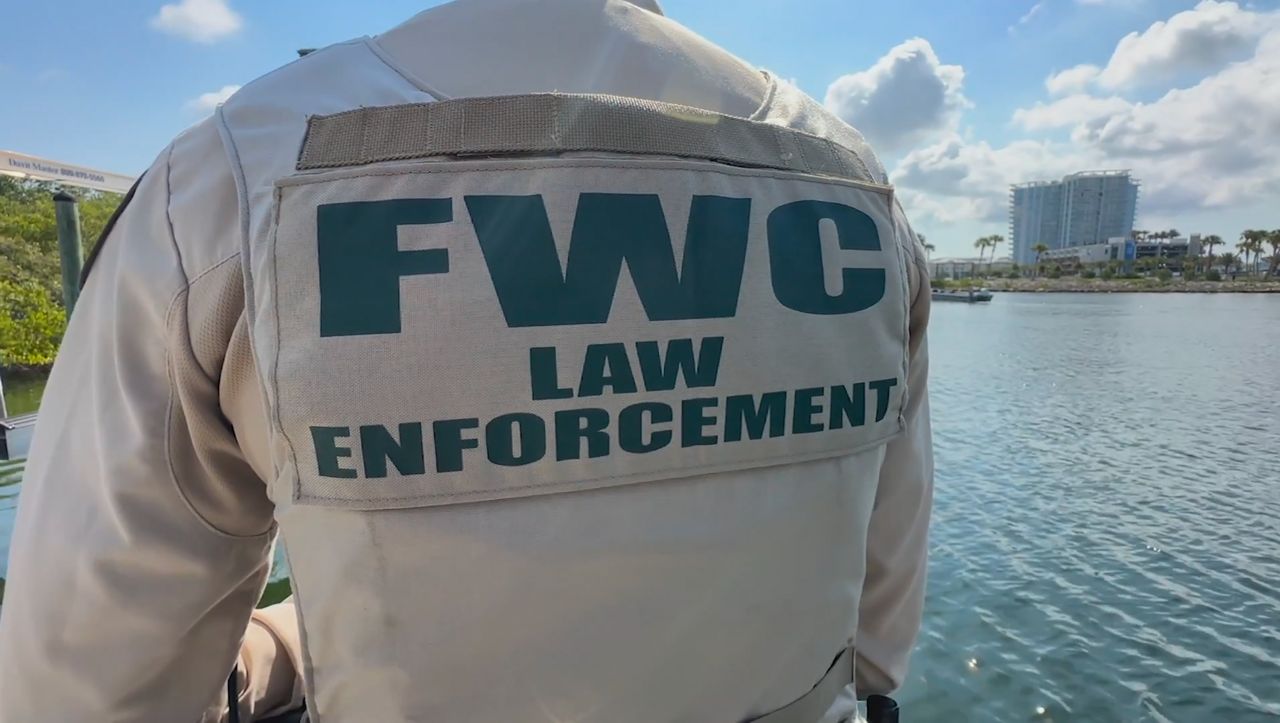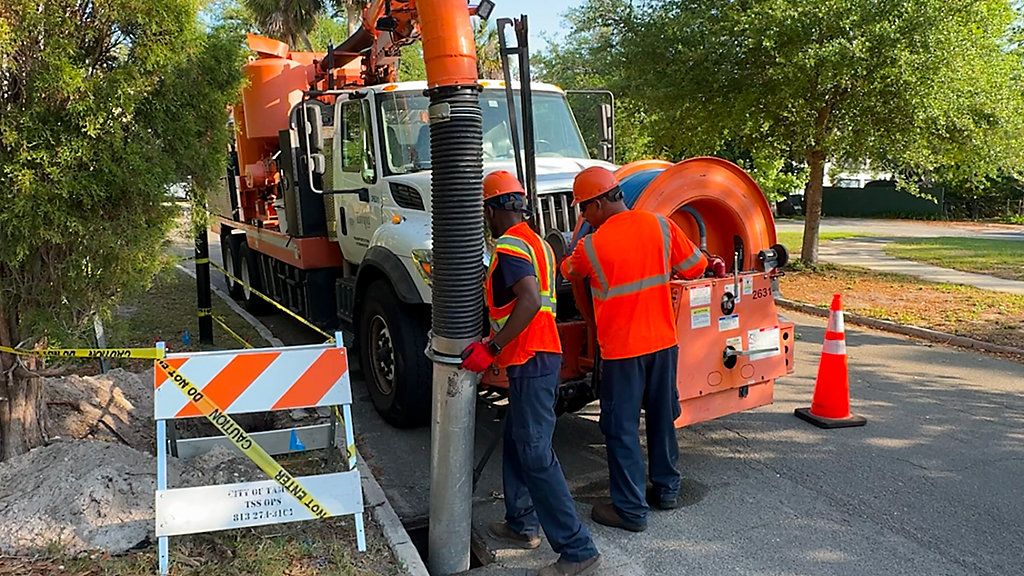POLK COUNTY, Fla. — The city of Lakeland unanimously voted on Monday to stop adding fluoride to its drinking water.
Since November, Florida Surgeon General Dr. Joseph Ladapo has been urging cities statewide to make the move, citing studies that say fluoride can have negative impacts on children’s’ IQ.
It’s something that the city of Winter Haven already opted to leave out.
What You Need To Know
- Lakeland commissioners unanimously voted Monday to stop adding fluoride to its drinking water
- State Surgeon General Joseph Ladapo recommended removing it from drinking water last fall
- ADA still endorses the addition of fluoride into public drinking water
- Other municipalities also have discussed the issue
The Centers for Disease Control and Prevention says drinking fluoridated water keeps teeth strong and reduces cavities by about 25%.
But despite the health benefits there’s growing opposition to adding the mineral that began being introduced to U.S. water systems in the 1940s.
Lakeland had been one of the five cities in Polk County that still adds fluoride to its drinking water, along with Bartow, Auburndale, Haines City and Lake Alfred.
In 1950, federal officials endorsed water fluoridation to prevent tooth decay, and they continued to promote it even after fluoride toothpaste brands hit the market several years later.
Fluoride can come from a number of sources, but drinking water is the main source for Americans, researchers say. Nearly two-thirds of the U.S. population currently gets fluoridated drinking water, according to CDC data.
Since 2015, federal health officials have recommended a fluoridation level of 0.7 milligrams per liter of water. For five decades before that, the recommended upper range was 1.2. The World Health Organization has set a safe limit for fluoride in drinking water of 1.5.
Lakeland city commissioners said they don't doubt there are benefits to fluoride in water, but they had enough concerns about making a choice for people and about fluoride building up in people's bodies.
"I'm just saying it gave me enough of a question, enough of a worry, to say why would we put it in our public drinking water?” said Lakeland City Commissioner Stephanie Madden. “Why would we expose everyone to something that could even potentially have harmful impacts?"
Lakeland Mayor Bill Mutz says there are safety nets that may be able to help people who want fluoride treatments going forward.
"We have wonderful not-for-profits in place that help to facilitate specific needs like that," he said. "And we can create a mechanism so if there are people in that category that need support and access to be able to have fluoride treatments, we can see that they get that."






